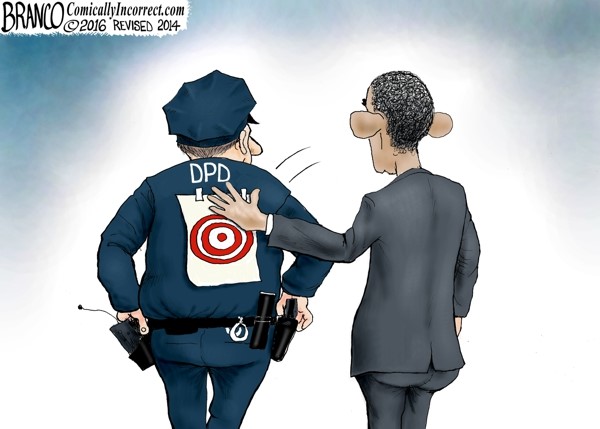Attorney General Jeff Sessions has ordered the Justice Department review of all consent decrees entered into with police and corrections departments across the country — “prosecute and settle” agreements by the Civil Rights Division whereby a liberal city agrees that it has violated the civil rights of its citizens, and agrees to implement a federal program regulating searches, stops and the use of force.
On Nov. 17, 2015, former Civil Rights Division head Vanita Gupta testified to the Senate Judiciary Subcommittee on Oversight, Agency Action, Federal Rights and Federal Courts that, “The Department is currently enforcing 16 agreements with law enforcement agencies, including 13 consent decrees. Since 2009, the Civil Rights Division has opened 23 investigations into police departments.”
Since Gupta testified, additional agreements were reached with Miami, Newark, Ferguson, and Chicago.
But now, those agreements could be in question under Sessions, who in his directive noted, “Local control and local accountability are necessary for effective local policing. It is not the responsibility of the federal government to manage non-federal law enforcement agencies.”
For those who support local control over policing, a fundamental principle of federalism, the Obama attempts to nationalize police departments have been deeply alarming.
Americans for Limited Government President Rick Manning praised Sessions’ directive in a statement, saying, “Given the broad ramifications of regulating police departments, Attorney General Jeff Sessions is wise to take a step back from this policy to determine the proper role of the federal government in local policing, if any.”
Manning added, “At a time when cities like Chicago and Baltimore face horrifying homicide rates that disproportionately impact their least fortunate citizens, it would be irresponsible to blindly continue Obama’s war on the police.”
Indeed. These consent decrees were implemented via prosecutorial discretion — and they can be undone in the same way.
Yet executive action has its limits. To stop this from happening again, Congress must address 42 U.S.C. § 14141(a), a section of the 1994 Violent Crime Control and Law Enforcement Act, that grants the Attorney General the power to prosecute law enforcement misconduct.
That section reads, “It shall be unlawful for any governmental authority, or any agent thereof, or any person acting on behalf of a governmental authority, to engage in a pattern or practice of conduct by law enforcement officers or by officials or employees of any governmental agency with responsibility for the administration of juvenile justice or the incarceration of juveniles that deprives persons of rights, privileges, or immunities secured or protected by the Constitution or laws of the United States.”
Surely, Sessions should still prosecute individual cases of police misconduct under this section.
But so long as the aforementioned section remains the law of the land, there will be more administrations that want to use it to more broadly regulate local police departments via “prosecute and settle” consent decrees. Unless Congress acts, this will happen again.
Robert Romano is the senior editor of Americans for Limited Government.








